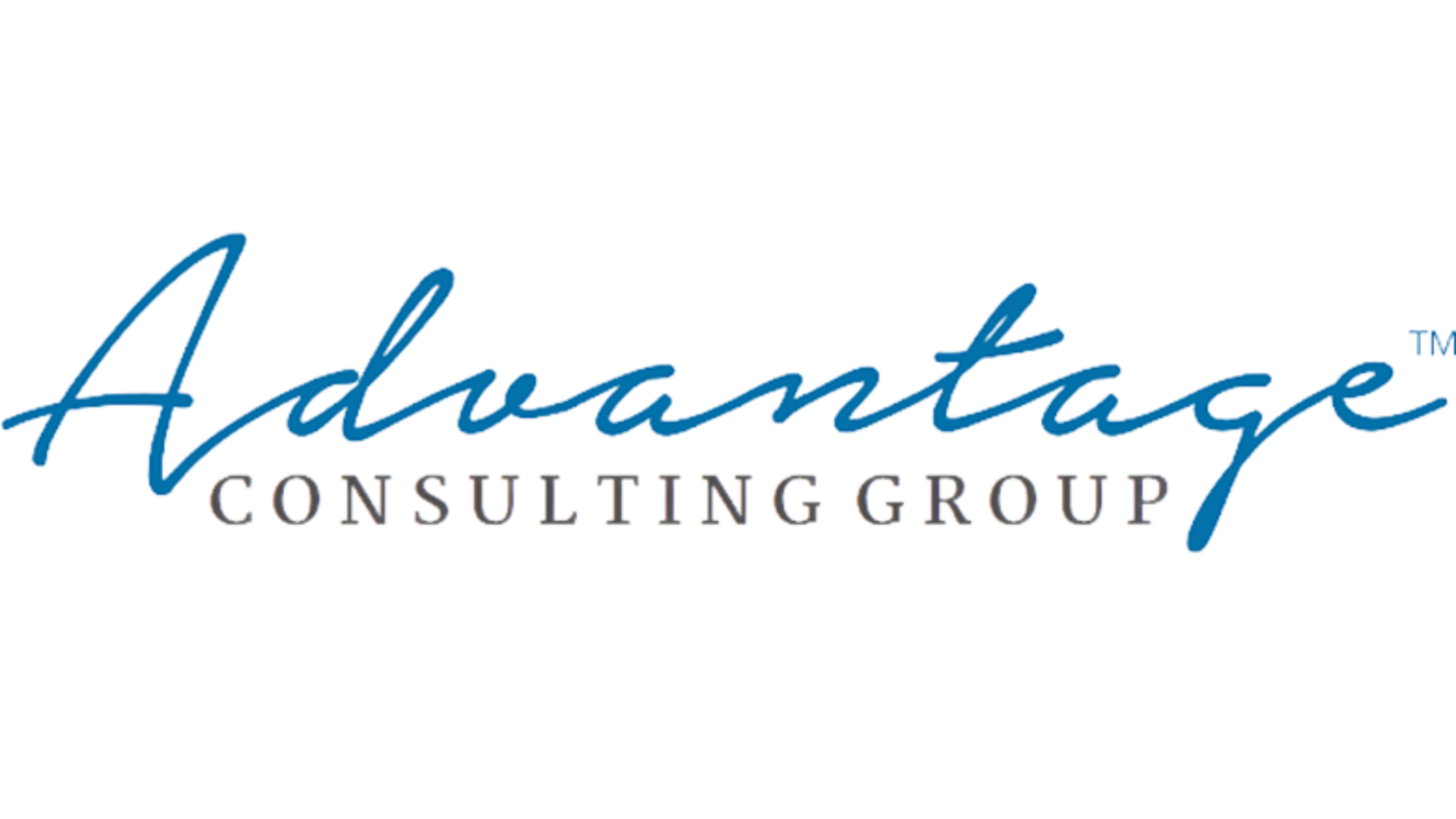Hiring new talent is an inevitable part of being a business leader, and it’s more complicated than simply reviewing resumes and conducting interviews.
In any organization, the hiring process is one of the most important functions of management. After all, the people who are hired will be the ones who shape the culture and contribute to the success or failure of the company. Businesses are currently battling a candidate-driven jobs market when searching for talent.
With that in mind, managers must know how to conduct effective interviews that will allow them to secure the best talent. And with unemployment rates lowering to 3.7% in Q1 2022, the lowest rate since 1974, but a recession on the horizon now is the time for businesses to ensure they’re streamlining their hiring processes to ensure they secure the best talent going into unfavorable economic conditions. Here are 5 tips for managers to maximize interviews and secure the best talent.
1. Plan and Prepare for the Interview
One of the most important aspects of conducting a successful interview is preparation. Managers should take the time to review the resumes and application materials of the candidates they will be interviewing. This will give you a better sense of the candidate’s qualifications and allow you to formulate specific questions related to the job.
It’s also important to develop a list of general questions that will help you get to know the candidate’s personality and work style. This will give you a better sense of whether or not they would be a good fit for your company.
Finally, it’s important to establish a clear set of goals for the interview. What do you hope to accomplish? What qualities are you looking for in a candidate? By having a clear understanding of your goals for the interview, you’ll be better able to evaluate the candidates and choose the best one for the job.
2. Remain flexible when reviewing candidates
One of the most common mistakes managers make when conducting interviews is being too inflexible. They go into the interview with a set idea of the “perfect” candidate and they mindlessly compare every candidate to this ideal.
This is a mistake because it often leads to managers overlooking qualified candidates who may not fit the mold of the ideal candidate. Instead of being inflexible, managers should remain open-minded when reviewing candidates. They should evaluate each candidate on their own merits and decide if they are a good fit for the job.
3. Plan questions prior to interviews
Another common mistake managers make is not taking the time to plan their questions in advance. This often leads to managers asking unplanned, off-the-cuff questions that don’t really give them the information they need.
To avoid this, managers should take the time to write out a list of questions prior to the interview. This will ensure that all the important topics are covered and that you get the information you need to make a well-informed decision.
4. Allow time for questions
One of the most important aspects of an interview is the question and answer period. This is the time when the candidate has a chance to ask questions and get clarification on the job. It’s also an opportunity for the manager to get to know the candidate better.
With that in mind, it’s important to allow enough time for questions. Candidates should feel like they have the opportunity to ask all the questions they need to. If the candidate is rushed or doesn’t have the opportunity to ask their questions, it will reflect poorly on the company.
5. Streamline to reduce the time taken to offer a job
The hiring process can often be a long and drawn-out process. There are a lot of steps involved and it can sometimes take weeks or even months to hire a new employee.
One way to streamline the process and reduce the time it takes to hire someone is to use an applicant tracking system (ATS). An ATS is a software application that helps managers keep track of applicants, schedule interviews, and make decisions.
By using an ATS, managers can save a lot of time and effort. It’s a valuable tool that can help managers maximize the efficiency of the hiring process.

